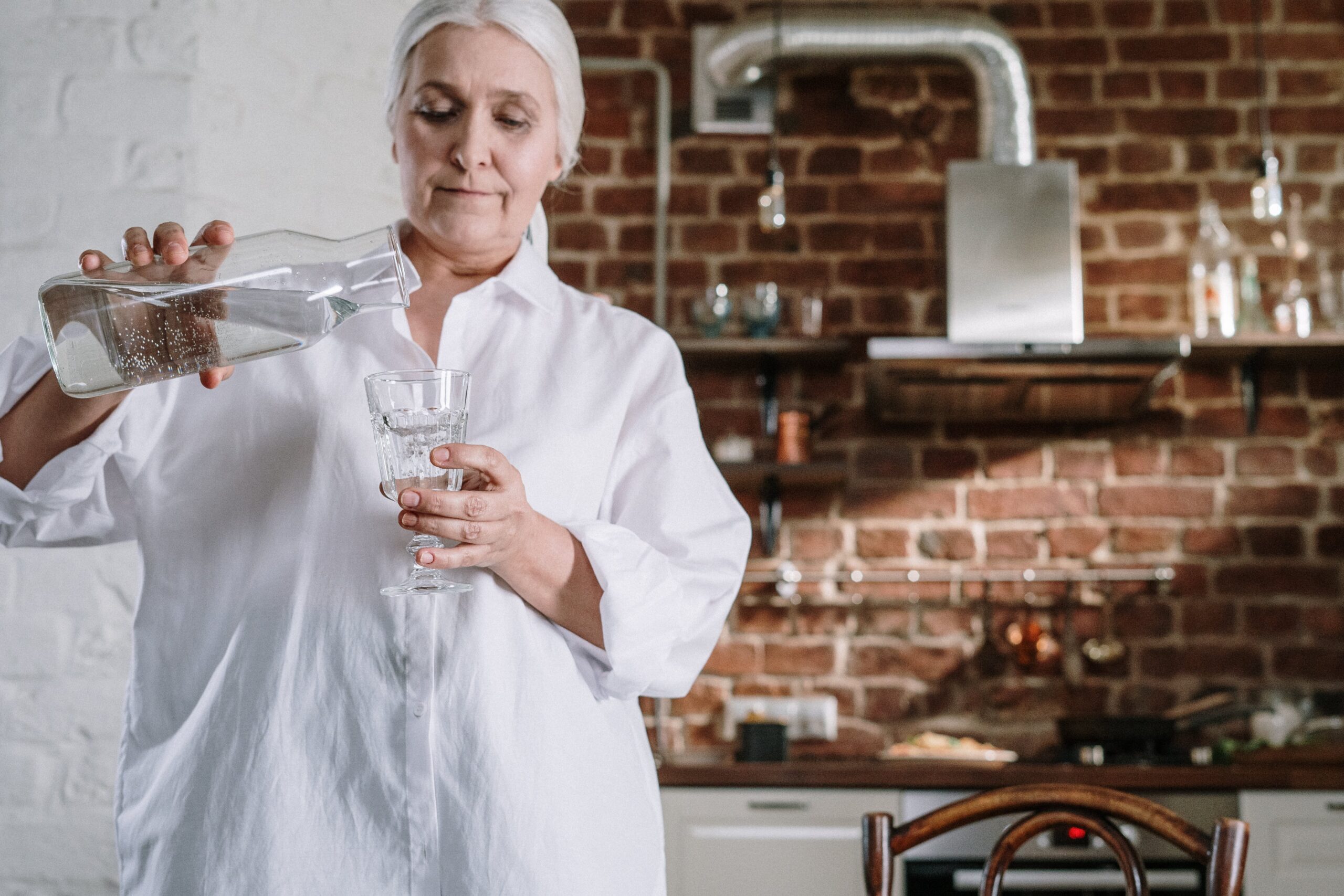For all the years you’ve owned a house, you’ve probably experienced drinking contaminated water at least once without you knowing. It may have been that the water tasted funny, or it was a bit darker than usual. Regardless, drinking contaminated water poses numerous health risks that may even be fatal. What’s worse is that due to the increasing amount of pollutants in waterways, contaminated water has become a more common and serious threat than ever.
Unfortunately, waiting for the government to fix this impending water crisis may not be the best way to go about this problem, especially since contaminated water may make it to your water system at any second. You can, however, take matters into your own hands by improving the water quality in your home, and the following tips can help you reach that goal:
1. Enhance Your Water System
Perhaps, the easiest way to achieve your goal is by simply investing in the house water filtration system to improve the quality of water than what you have now. Doing so may minimize the chances of contaminants building up in your pipes and getting into your water supply, such as chemicals, sediments, and bacteria. If you’re planning on going along this process, you might want to look into the following equipment:
- Water heaters
- Filters
- Faucet aerators
- Purifiers
Besides, even if you already have a reliable water source, a reliable water system still helps by making the water taste better, so there’s really not much to lose with such an investment.
Take note, however, that the quality of the filters and purifiers also matters, so you might want to take time choosing products similar to Puretec water purifier.
2. Keep Your Plumbing Well-Maintained
It may have been an obvious tip, but it’s still worth mentioning that your pipes and other plumbing work have a direct impact on your home’s water quality. For starters, older pipes often contain lead, which may mix into your water supply, therefore, contaminating the entire water system.
So, if you’re tasting something peculiar with the water, it’s probably an issue with your plumbing. Hence, it’s a good idea to replace pipes, although you should remember that pipes usually have a lifespan of up to 100 years. So, a simple cleanup will do the trick if the house was recently built or if the plumbing was recently taken care of.
Furthermore, taking your time cleaning the plumbing for an hour a week saves you the money that would’ve otherwise been spent on costly repair services due to common plumbing problems. Speaking of cleaning, your pipes aren’t the only things you need to clean.
3. Consider Doing A General Cleaning
Disposing of unusable household waste and keeping hazardous chemicals away from pipes are two of the best ways to clean your house while improving your home’s water quality. There are other ways to do this, such as cleaning the faucets or scrubbing your sinks, so there are fewer sediments mixed in the water system. Nevertheless, cleaning your house, in general, can have a massive impact on its water quality, which is another reason you should do general cleaning every now and then.
4. Monitor The Septic Tanks
Installing a septic tank outside your home is a great way to improve your water supply quality as it prevents waste from getting mixed into the water system. However, over time, a septic tank will suffer from damages, especially if not maintained properly. Eventually, the wastewater contained by the septic tank will overflow and leak into the ground outside your house, which can potentially contaminate your water supply. Thus, it’s best to do some repairs or maintenance on the septic tank every few months.
5. Minimize The Use Of Hot Water
You’re probably wondering how hot water can ruin your water supply, but it’s actually quite simple. To begin with, if cleaning your pipes isn’t one of your routines, they’ve probably already built up a considerable amount of sediments and other chemicals since the last cleanup.
Usually, it would take a few years more before these sediments get circulated in your water system, but by mixing hot water into the pipes, these sediments and chemicals are dissolved, hence, allowing them to mix into the water supply. These contaminants can go a long way in degrading the quality of your water.
Conclusion
High-quality water is something everyone, including homeowners, want to enjoy, which makes it even more surprising that not many people actually take steps into improving the water quality in their home. Considering how you’re here, then you’re probably part of the small percentage of people who care about water quality. If that’s the case, this guide would help significantly in achieving your goal.

